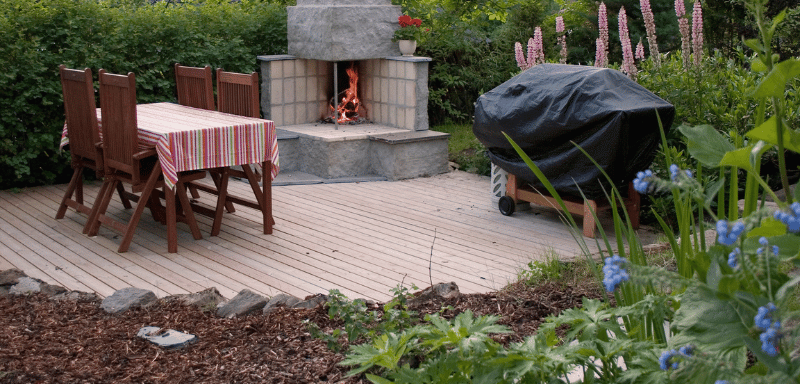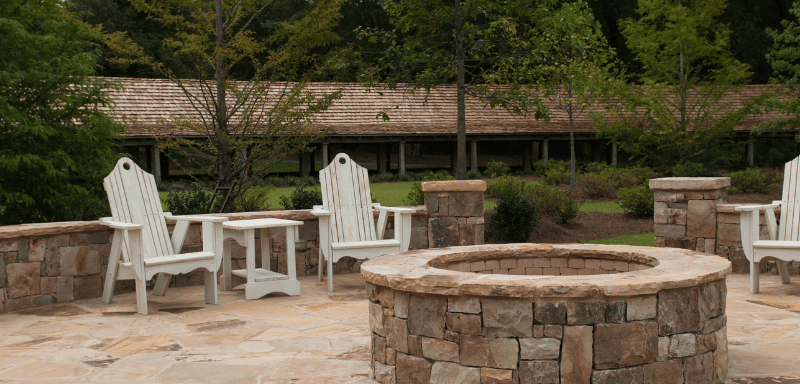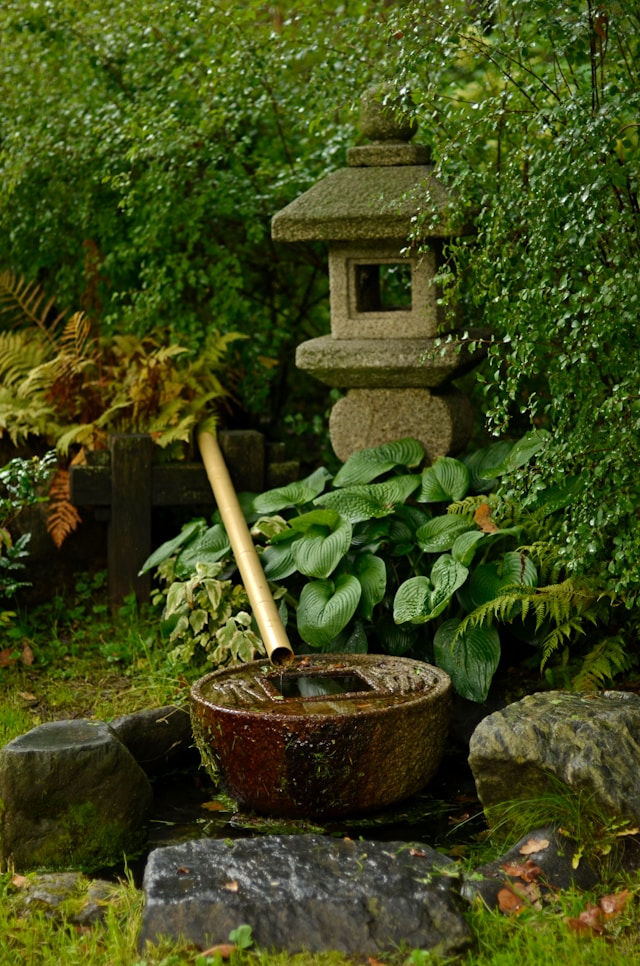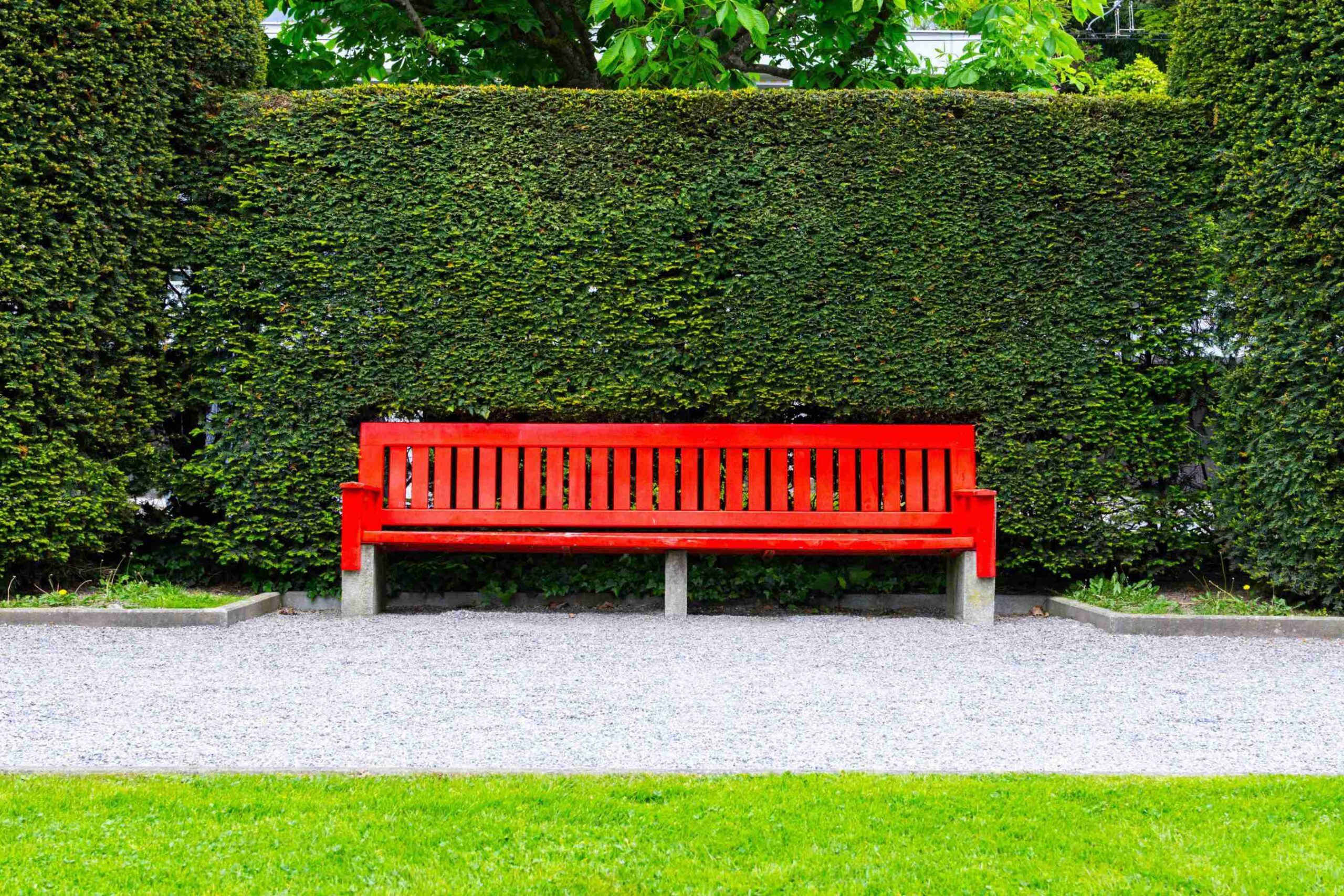Turn Your Backyard Into a Cozy Gathering Spot
Outdoor fire pits transform patios and gardens into warm, inviting spaces. Whether for relaxing evenings or hosting friends, they bring charm and comfort outdoors.
Today’s options are safer, more stylish, and more versatile than ever. From compact bowls to full stone installations, there’s something for every backyard size and aesthetic.
In this guide, you’ll explore the best types of outdoor fire pits, their benefits, design ideas, and how to choose the right one for your lifestyle and space.

1. Why Add a Fire Pit to Your Outdoor Space
Fire pits create a natural focal point for your yard, providing warmth and ambiance. They make outdoor areas usable even during cooler months.
Adding a fire pit increases your home’s entertainment potential. Family nights, cookouts, or quiet moments by the flame become memorable experiences.
They also enhance property value. A well-designed fire feature is attractive to potential buyers and increases curb appeal with minimal investment.
Modern fire pits come in various styles and fuels. You can choose wood, propane, natural gas, or even gel-fueled options based on convenience and preference.
With the right setup, a fire pit can turn any outdoor corner into a cozy retreat — ideal for all-season relaxation and socializing.
2. Types of Outdoor Fire Pits
Understanding the types helps you make a smart purchase. Fire pits vary by fuel source, design, portability, and maintenance level.
- Wood-burning fire pits are traditional and cost-effective. They provide crackling sound and scent, but require regular cleaning and spark precautions.
- Gas fire pits are easy to use. They light instantly and offer adjustable flames. Some models connect to a gas line; others use portable propane tanks.
Gel-fueled fire pits are smoke-free and stylish. They’re compact and safe for small spaces but don’t generate as much heat as wood or gas versions.
Tabletop fire bowls are great for patios or balconies. These small, decorative units provide ambiance without needing much space or installation.
3. Benefits of Having a Fire Pit at Home
Fire pits extend outdoor living well into the night. They provide warmth and encourage people to linger longer in your yard or garden.
They serve as a central gathering point. People naturally gravitate toward a flame, making it perfect for conversations, games, and shared moments.
Fire pits add visual interest. Whether rustic or modern, they become an aesthetic anchor, enhancing your landscaping and design elements.
Some models include grills or rotisseries. This turns your fire pit into a cooking station for marshmallows, hot dogs, or even gourmet meals.
They’re also low-maintenance compared to other outdoor features. With durable materials and simple care routines, they last for years.
4. Choosing the Right Fire Pit for Your Space
Before buying, measure your space. Consider proximity to furniture, trees, walls, or any overhead obstructions for safe placement.
Decide how you’ll use it. Do you want a full dining setup, a chill hangout corner, or a small accent piece for ambiance?
Check local codes and regulations. Some areas restrict wood-burning fire pits or require spark screens, especially in wildfire-prone zones.
Think about fuel type. Wood is romantic and rustic, while gas is cleaner and more convenient. Choose based on your lifestyle and maintenance preference.
Design also matters. Round pits encourage conversation; square ones feel modern; in-ground types blend seamlessly into your landscape.
5. Popular Materials and Their Pros & Cons
Fire pits come in various materials, each offering a different look, feel, and level of durability. Here’s a quick comparison:
| Material | Pros | Cons |
|---|---|---|
| Steel | Lightweight, affordable | Can rust if not coated |
| Cast Iron | Retains heat well | Heavier, prone to rust |
| Copper | Beautiful patina over time | Expensive, requires upkeep |
| Stone/Masonry | Permanent, custom aesthetic | High cost, non-portable |
| Concrete | Modern, customizable | Can crack in extreme cold |
Choosing the right material impacts not only appearance but also how often you’ll need to maintain your fire pit over time.
6. Safety Tips for Enjoying Your Fire Pit
Always place your fire pit on a non-flammable surface like concrete, gravel, or stone — never directly on grass or wood decks.
Keep a safe radius around the pit, free from furniture, overhanging branches, or flammable materials. At least 10 feet is a good rule.
Use a spark screen when burning wood. This helps prevent embers from escaping and causing unintended fires in surrounding areas.
Never leave a fire unattended. Always fully extinguish flames before going inside or heading to bed, even if the fire appears low.
Have safety tools nearby. A bucket of sand, fire extinguisher, or hose can help in emergencies or unexpected flare-ups.

7. Design Ideas to Elevate Your Outdoor Area
Fire pits don’t have to be basic. With thoughtful design, they can blend into luxurious outdoor environments or cozy rustic retreats.
Built-in seating around a circular pit encourages connection and creates an all-in-one entertainment area for guests and family.
Combine your fire pit with a pergola or overhead string lights for a magical, intimate atmosphere perfect for evenings under the stars.
For a coastal feel, use light stone and driftwood elements around the pit. Add lanterns and neutral cushions for laid-back charm.
Consider a sunken fire pit for a dramatic architectural effect. Surrounded by stone walls or benches, it creates a natural theater of fire.
8. Maintenance Tips for Long-Term Enjoyment
Regularly remove ash and debris to ensure optimal airflow and prevent damage. A small shovel and metal bucket make cleanup easier.
Cover your fire pit when not in use. Weather-resistant covers help protect it from rain, sun, and corrosion.
For gas models, check fittings and hoses periodically. Make sure connections are tight and there are no leaks or blockages.
Apply rust-resistant coatings if using metal fire pits. This prolongs life and maintains appearance, especially in humid or rainy regions.
Store gel fuel canisters in a dry, shaded area. Avoid exposing them to direct sunlight or freezing temperatures.
Conclusion: Ignite Warmth and Style Outdoors
An outdoor fire pit is more than a heating element — it’s a place to gather, reflect, and celebrate moments all year round.
Whether compact and portable or built into your landscape, fire pits offer timeless appeal that enhances your lifestyle and your home’s value.
With smart placement, the right materials, and regular care, your fire feature becomes a lasting investment in comfort and beauty.
Take the time to explore different styles and materials before deciding. Match your fire pit to your personality and the character of your space.
There’s something uniquely powerful about fire. Bringing that energy into your backyard adds warmth, light, and unforgettable ambiance.



